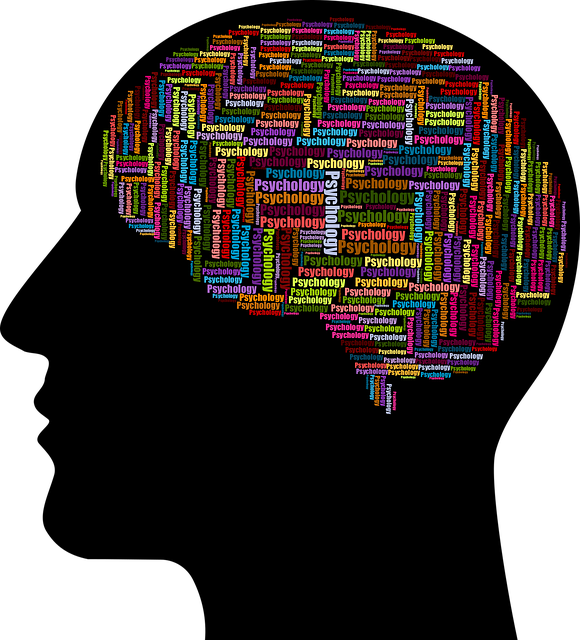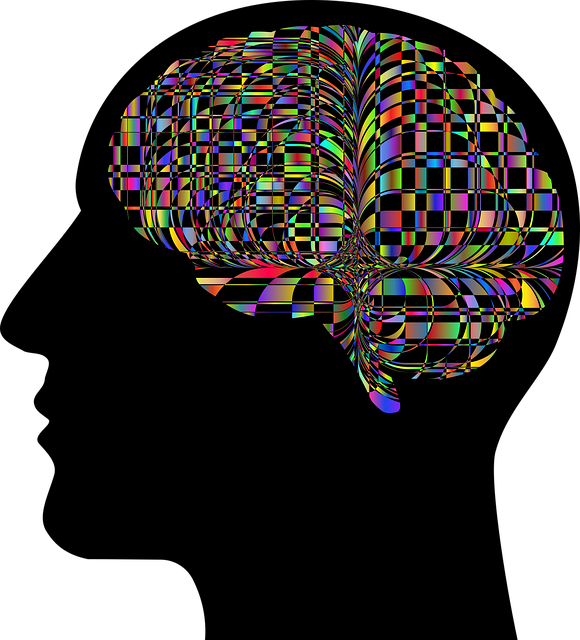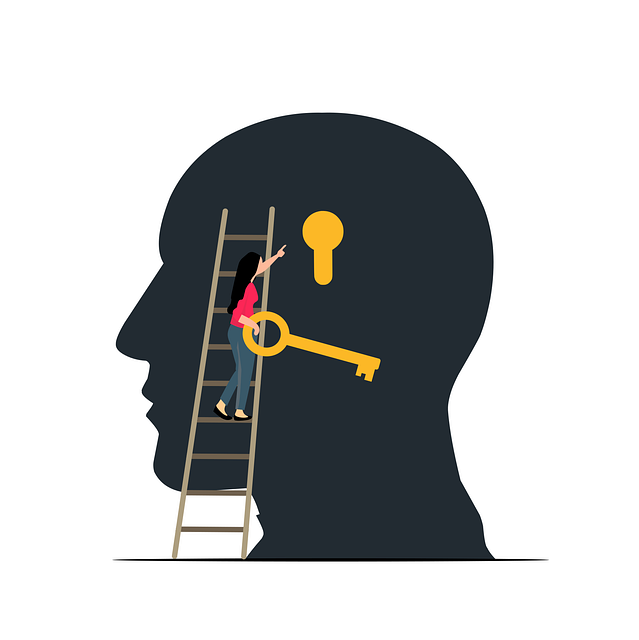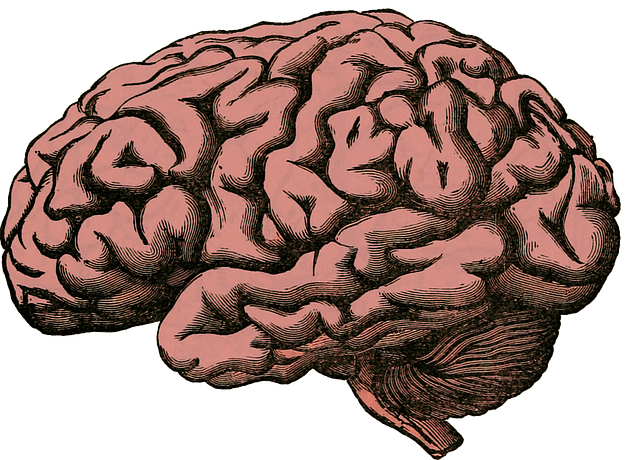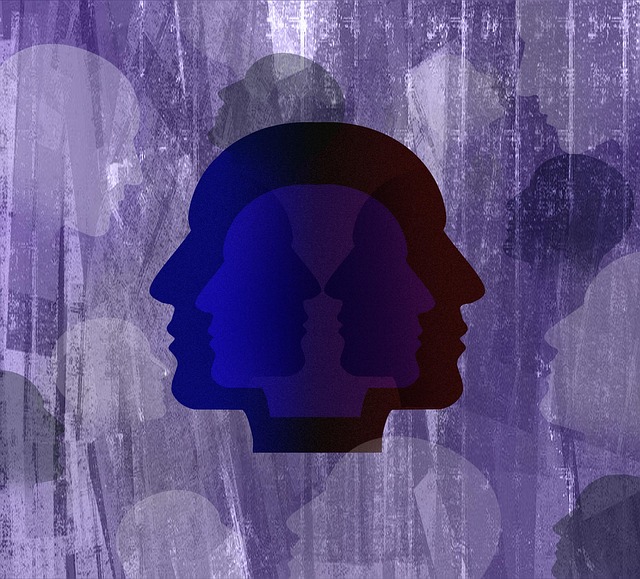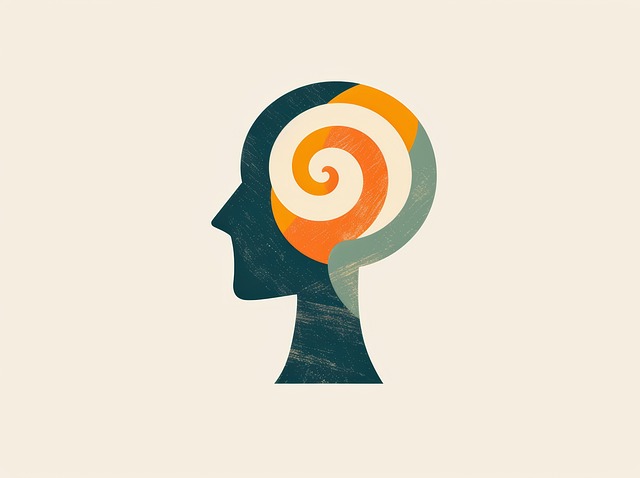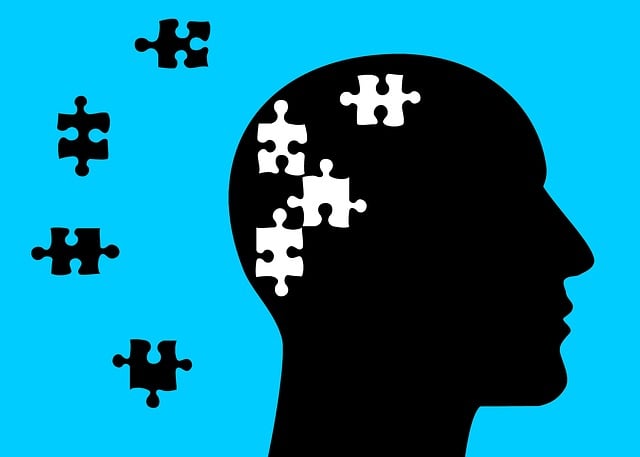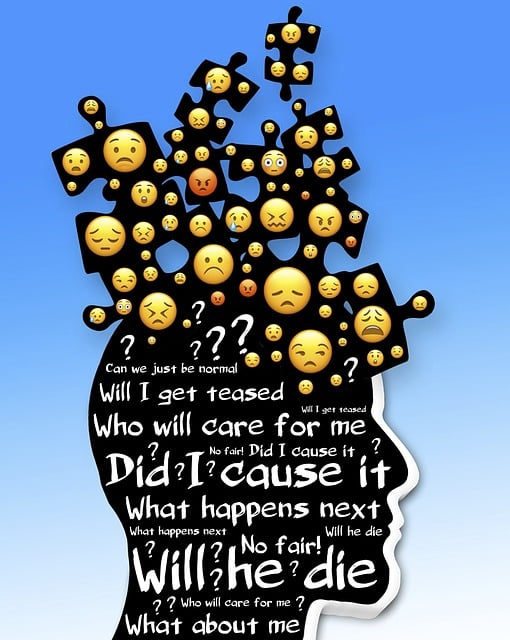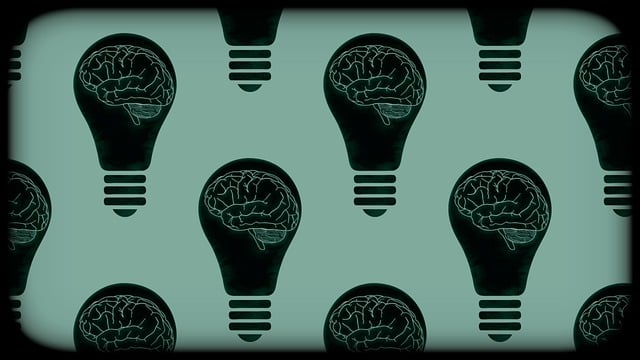The RFM (Reliability, Familiarity, Mastery) framework revolutionizes therapy for individuals with Superior Developmental Disabilities by focusing on building resilience, fostering safe relationships, and developing skills. Integrating conflict resolution, social skills training, cultural competency, self-esteem improvement, and mental wellness practices within this model leads to transformative outcomes. Measuring progress through comprehensive assessments ensures tailored adjustments, while sharing success stories through the Mental Wellness Podcast Series promotes best practices and policy analysis, enhancing quality of life for these individuals.
Resilience is a powerful tool for individuals with superior developmental disabilities, enabling them to navigate challenges and thrive. This article explores RFM (Resource, Fortitude, and Mastery), a framework revolutionizing Superior Developmental Disability Therapy. We delve into the significance of resilience, present effective exercises for daily life skills, offer practical strategies for therapists, and discuss measuring progress in RFM intervention programs. Understanding and cultivating resilience empowers individuals to overcome obstacles and achieve their full potential.
- Understanding RFM: A Framework for Developmental Disability Therapy
- The Role of Resilience in Supporting Individuals with Superior Disabilities
- Effective Resilience-Building Exercises for Daily Life Skills
- Incorporating RFM into Therapy Sessions: Practical Strategies
- Measuring Progress and Success in RFM Intervention Programs
Understanding RFM: A Framework for Developmental Disability Therapy

Understanding RFM is a powerful framework that revolutionizes Superior Developmental Disability Therapy. It focuses on three key dimensions: Reliability, Familiarity, and Mastery, offering a structured approach to enhance individuals’ lives with developmental disabilities. By assessing and addressing these aspects, therapists can tailor interventions to foster resilience and improve overall functioning.
Reliability refers to the consistency of support and care, ensuring predictability in an individual’s environment. Familiarity involves creating safe, trusted relationships that promote social connections and emotional well-being. Mastery encourages skill development and self-efficacy, enabling individuals to navigate challenges and make informed decisions. Integrating conflict resolution techniques, social skills training, and healthcare provider cultural competency training within the RFM framework can lead to transformative outcomes, empowering those with developmental disabilities to thrive in their communities.
The Role of Resilience in Supporting Individuals with Superior Disabilities

Resilience is a cornerstone in supporting individuals with Superior Developmental Disabilities (SDDs). Building resilience helps these individuals navigate life’s challenges and adapt to stressful situations, fostering their overall well-being. Through various exercises tailored for SDD therapy, professionals can enhance their clients’ ability to cope with adversity, manage emotions, and maintain a positive outlook. This is crucial as it empowers them to lead more fulfilling lives independently.
Integrating stress reduction methods, such as mindfulness practices and relaxation techniques, plays a vital role in resilience building. Community outreach program implementation can also facilitate support networks, providing individuals with SDDs access to resources and peer connections. Additionally, crisis intervention guidance equips them with strategies to manage acute distress, further bolstering their resilience. These comprehensive approaches contribute to the holistic development of individuals with SDDs, enabling them to thrive despite challenges.
Effective Resilience-Building Exercises for Daily Life Skills

Resilience is a crucial skill to cultivate in daily life, especially for individuals with superior developmental disabilities. Effective resilience-building exercises go beyond traditional therapy and can significantly enhance one’s ability to cope with challenges and navigate life’s ups and downs. One powerful approach is through Self-Esteem Improvement techniques, such as positive self-talk and goal setting. Encouraging clients to identify their strengths and achievements can boost confidence and foster a sense of accomplishment, making them more resilient in various situations.
Additionally, incorporating cultural sensitivity in mental healthcare practice is essential for inclusive resilience-building. Understanding and respecting diverse cultural backgrounds allows therapists to tailor exercises that resonate with each individual’s experiences. This personalized approach not only improves Self-Esteem but also promotes a sense of belonging and understanding, reducing the risk of burnout, particularly among Healthcare Providers. By incorporating these strategies into daily routines, individuals can develop mental agility and emotional strength, ultimately improving their overall resilience and quality of life.
Incorporating RFM into Therapy Sessions: Practical Strategies

Incorporating RFM (Resilience, Flexibility, and Mastery) into therapy sessions offers a powerful approach for individuals with Superior Developmental Disabilities. This methodical framework can be tailored to suit diverse therapeutic settings, enabling healthcare providers to enhance their clients’ coping mechanisms and overall well-being. Therapists can utilize RFM by first assessing the individual’s current resilience level, identifying areas of flexibility in their responses to challenges, and then fostering a sense of mastery through skill-building exercises and goal setting.
By integrating these strategies, therapy sessions become dynamic and personalized, addressing not only the present challenges but also equipping clients with long-lasting tools for navigating future stressors. This proactive approach not only aids in trauma support services but also acts as an effective burnout prevention strategy for healthcare providers by promoting self-care practices within a therapeutic framework, ultimately leading to more fulfilling professional experiences.
Measuring Progress and Success in RFM Intervention Programs

Measuring progress is a crucial aspect of any successful RFM intervention program, especially when tailored for individuals with Superior Developmental Disabilities. Therapists and care providers must adopt comprehensive assessment tools to evaluate the effectiveness of resilience-building exercises. This involves tracking improvements in emotional regulation, coping strategies, and overall mental wellness. Regular monitoring allows for adjustments to be made, ensuring each individual’s unique needs are met.
The Mental Wellness Podcast Series Production highlights the importance of sharing success stories and best practices, fostering a culture of advocacy and policy analysis within the mental health community. By publicly acknowledging progress, these programs gain momentum, inspiring further exploration and implementation of effective RFM techniques. This, in turn, contributes to improved outcomes for individuals with developmental disabilities, enhancing their overall quality of life.
Superior developmental disability therapy benefits greatly from integrating Resilient, Flexible, and Mobile (RFM) strategies. By understanding RFM as a framework, therapists can facilitate resilience-building exercises tailored to improve daily life skills in individuals with superior disabilities. Incorporating these practical strategies into therapy sessions not only enhances coping mechanisms but also measures progress through observable improvements. This structured approach ensures that interventions are effective and successful in fostering adaptability and independence among those with developmental challenges.
